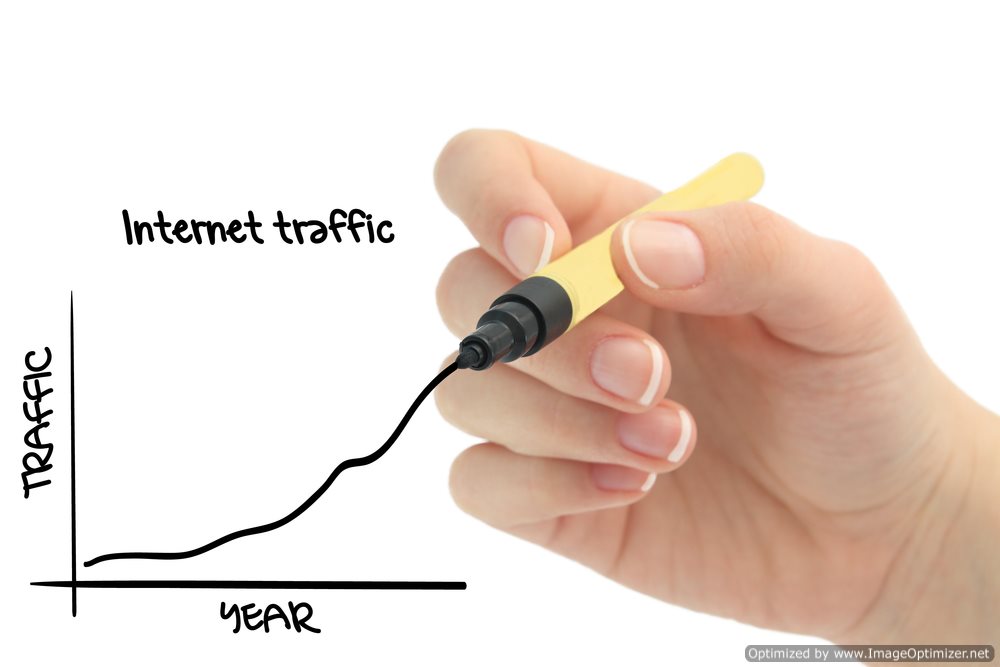How To Increase Google Page Rank: 7 Tips

85 percent of your link authority can be passed on to other web pages through your links. Did you know that the higher your Google Page Rank is, the more link juice each of your links will be able to pass on? Did you also know that there are several strategies that can increase your Google Page Rank substantially, so that you can bring in more advertising revenue? Keep reading to learn how to increase your Google Page Rank starting today. You'll find out tips that you can put into action right away, often without a significant increase in advertising spending.
How to Increase Google Page Rank Tip #1: Be Social
Social media is at the forefront of most tips on how to increase Google Page Rank. There's a reason: it's much easier to increase Google Page Rank using social techniques because it puts your content in front of exactly the people who are most likely to respond to it—people who are local, and often, those who know you in some way personally.
Because your PR value is based primarily on the total number of inbound links you're receiving, you can increase Google Page Rank fastest when you can have people create new links to your site fastest. People who are already following you on Facebook, LinkedIn, or Twitter are much more likely to generate a new inbound link to your content than random strangers.
How to Increase Google Page Rank Tip #2: Go Viral
The other reason that you can increase Google Page Rank through social media is that social content has a tendency to get passed around. The first “layer” of your social connections, the people that you actually know and are directly connected to, will show your link to successive layers when they link your content. If you've made something that people want to link, you can get thousands or even tens of thousands of links from a single piece of viral content.
If you're planning to create viral content, don't go into it without understanding what exactly makes something go viral. You could end up with a public relations mess on your hands. The message you're communicating with your viral content is a message that can be broadcast to a huge number of people—potentially even audiences you had no idea would see it. This means you need to be particularly careful not to create viral content that is potentially offensive or could be perceived as hateful. If you do, you may increase your Google Page Rank, just not through positive exposure.
How To Increase Google Page Rank Tip #3: Get Faster
Many people don't realize that there's an incredibly simple way to increase Google Page Rank and your search results without ever creating a new inbound link. The faster your website runs and the lower its latency is when serving up pages, the faster your search engine rankings will go up. Google Page Rank will only be given to websites that are indexed by Google properly, and if your website has a great deal of downtime, it may take much longer for your pages to be indexed at all.
Having a good hosting solution is critical if you want to learn how to increase Google Page Rank. You'll have a much harder time trying to increase Google Page Rank if your hosting is unresponsive or has intermittent downtime frequently.
How to Increase Google Page Rank Tip #4: Site Index
If you want to increase the total Google Page Rank of your overall website as well as your individual pages, you'll need to create a working site index. A site index helps Google, Bing, and other search engines more easily crawl through your directory structure, indexing all of the links and pages you've included as part of your site. Without a valid site index submitted to search engines, it can take weeks or months to increase your Google Page Rank or even have your pages listed when people make searches.
Creating a site index can be somewhat tricky, so if you don't already have a site index and want to increase your Google Page Rank this way, you may need to ask for help from the same people who coded your website. This service is often included in packages when you purchase web services from agencies that specialize in search engine marketing.
How to Increase Google Page Rank Tip #5: Quality Content
You'll never succeed in getting a sustained increase in Google Page Rank if you're not committed to producing quality content on a regular basis. The key to how to increase Google Page Rank today involves having original content—yes, Google will check, and you'll end up with a lower search ranking if they think that you're just repeating content that you found elsewhere.
Quality content can take many forms, but generally you shouldn't just have content that's advertising for yourself. Remember, building inbound links often means actually giving something away, whether it's a pamphlet on how to start divorce proceedings or a video about what not to do after you get stopped by police.
How to Increase Google Page Rank Tip #6: Press Releases
By creating press releases to talk about your latest victories or some new aspect of your website, you can frame the discussion that goes on about your site. This is a great way to increase Google Page Rank, because you'll be able to build links on both press release websites and potentially in the local media near you.
How to Increase Google Page Rank Tip #7: Blogging
Attorneys in just about any area of practice can blog in order to increase their Google Page Rank. There's a reason that this gets included in just about any list of tips on how to increase Google Page Rank for lawyers: blogging works! Not only can you get links by putting your blog entries into the social media stream, but you can also use your blog to connect with other lawyers who can provide you valuable referrals now and into the future.






















